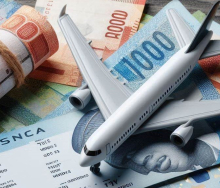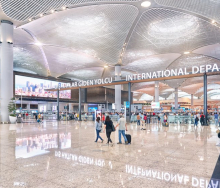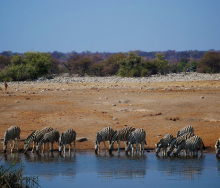South African corporate travel departments can no longer afford not to report on carbon emissions following President Cyril Ramaphosa’s proclamation of the Climate Change Bill into law on March 17, which is now an official Act.
South Africa’s Climate Change Act legislation tightens the reins on greenhouse gas emissions in the country, including those emanating from corporate travel.
"This legislation marks a turning point for business travel in South Africa. Companies must now consider their travel practices as part of their broader environmental, social, and governance strategies,” Bonnie Smith, GM of Corporate Traveller, told Travel News in September last year.
The Act will require corporates to track and publish reports on their carbon emissions, with larger companies facing stricter reporting requirements.
However, the commencement of certain provisions of the Act has been referred to a later date, so the exact date of when this will be implemented and required from corporates remains unknown.
Regardless, Monique Swart, Founder of the African Business Travel Association, told Travel News that the “waiting and seeing is now over” with this Bill being signed into parliament.
Although Swart foresees this as a “stop/start government process” and possibly quite a bit of leeway given initially to companies to get on board (similar to what happened with B-BBEE), she argues that “the reality is that the longer it takes companies to get on board, the more painful the process will be”.
“Where many global corporates have been taking this far more seriously and being mandated to do so by their HQs, we still see many local and regional companies having a ‘wait and see’ attitude. However, travel suppliers who wish to continue serving corporate customers now have a limited time to start ensuring that they are set up to offer planet-friendly products and services and can assist their clients with green recommendations and with their carbon reporting requirements,” she says.
Swart adds that TMCs, airlines, and accommodation suppliers will play vital roles within the sustainability chain, and the data they can provide their clients will become an incredibly powerful tool.
“Corporates can no longer rely on their supply chain to tick most of their sustainable travel blocks and will now need to get far more involved in the process, both from an internal perspective in monitoring their own sustainability practices as a company and in measuring and monitoring their carbon footprint while travelling.”
















